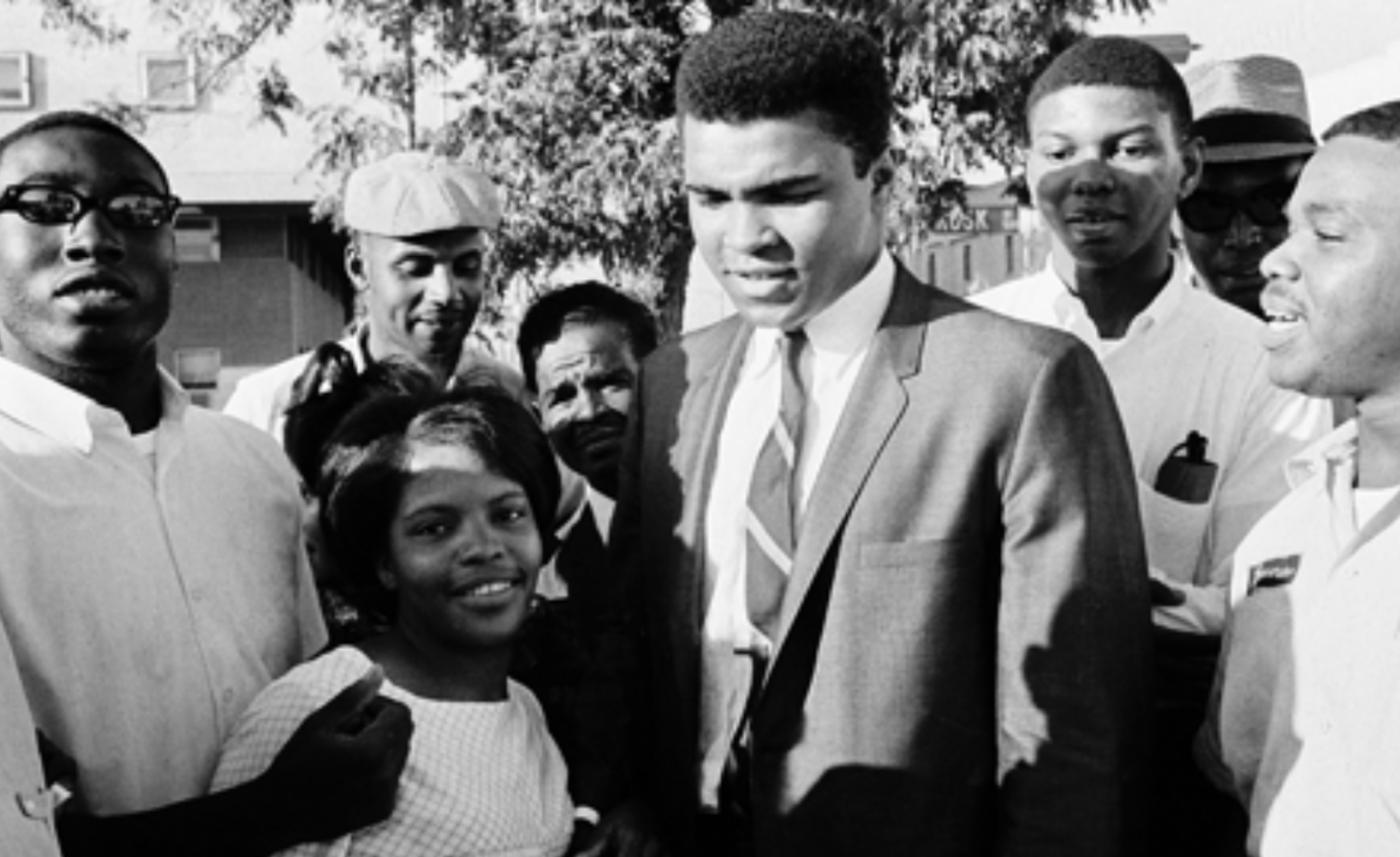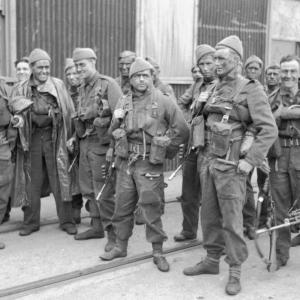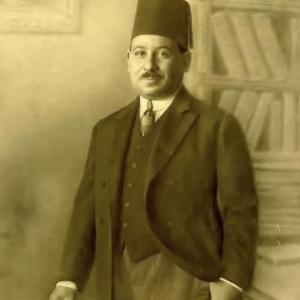
Ali convicted
Muhammad Ali, born Cassius Marcellus Clay Jr., was more than just a boxing champion—he was a cultural icon whose defiance against the U.S. military draft during the Vietnam War became a pivotal moment in both sports and civil rights history. In 1967, at the height of his career and global fame, Ali was convicted of draft evasion, a decision that reverberated across the world and ultimately redefined the boundaries between personal conscience, political protest, and patriotism.
Ali's stance against the draft was rooted in both his religious beliefs and his political convictions. After winning a gold medal in the 1960 Rome Olympics and securing the world heavyweight title in 1964 by defeating Sonny Liston, he shocked much of the American public by announcing his conversion to Islam and his membership in the Nation of Islam. Taking the name Muhammad Ali, he became an outspoken critic of systemic racism and U.S. foreign policy. When called up for military service in 1967, during the height of the Vietnam War, Ali refused to enlist. He argued that the war was unjust and incompatible with his beliefs as a Muslim.
Ali famously said, “I ain’t got no quarrel with them Viet Cong. No Viet Cong ever called me n*****.” This powerful statement captured the frustration of many African Americans and anti-war advocates who believed that they were being asked to fight abroad for freedoms that were denied to them at home. Ali applied for conscientious objector status on religious grounds, but the U.S. government rejected his claim.
On April 28, 1967, Ali reported to the draft board in Houston, Texas. When his name was called, he refused to step forward. This act of civil disobedience led to immediate consequences. He was arrested and charged with violating the Selective Service Act. Just a few months later, on June 20, 1967, Ali was convicted of draft evasion by a federal court. He was sentenced to five years in prison, fined $10,000, and barred from boxing. The state athletic commissions stripped him of his heavyweight title and boxing license. At just 25 years old, Ali was effectively banned from the sport during the prime years of his career.
Though he remained free while his case was appealed, the conviction had lasting repercussions. Unable to box, Ali turned to public speaking and activism. He spoke out at college campuses and political events, becoming a symbol of resistance against both the Vietnam War and racial injustice in America. While many Americans criticized him as unpatriotic, others celebrated his courage in standing up for his beliefs at great personal cost.
After four years of legal appeals, the U.S. Supreme Court overturned Ali’s conviction on June 28, 1971, in a unanimous decision. The court ruled that the government had failed to properly specify why his conscientious objector claim had been denied. Ali returned to boxing later that year and would go on to reclaim the heavyweight title, but his fight outside the ring had already secured his place in history—not only as a sports legend but as a defender of principle and conscience.










